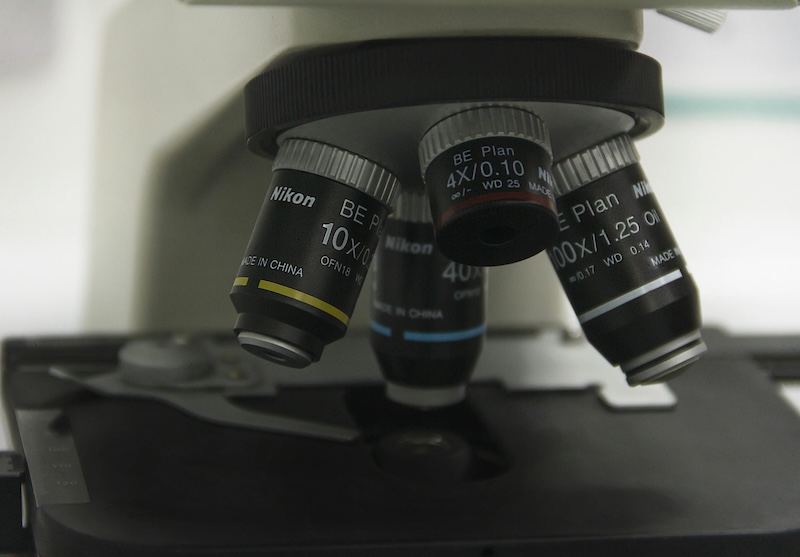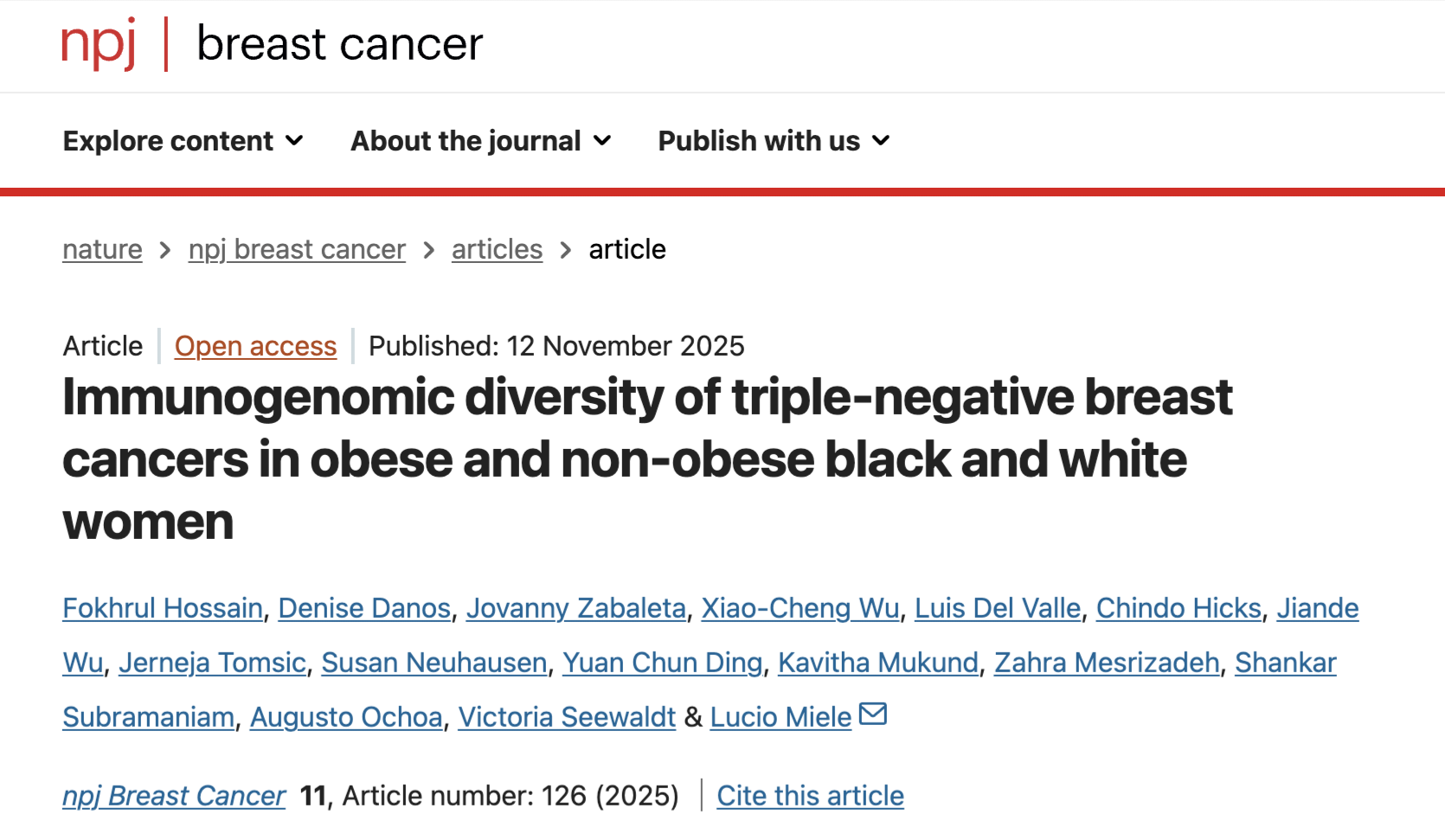
Fighting Cancer on Two Fronts in Ukraine

Nina Bondarenko, MD, PhD has been in the United States for two weeks and the Ukrainian pathologist is receiving alerts on her phone about bombings near her home in Dnipro, approximately 60 miles from the fighting.
She visited New Orleans with three other cancer scientists from her home country, meeting with researchers at the Louisiana Cancer Research Center in an effort to improve the care of cancer patients in their war-torn country.
“Every day is like that,” Dr. Bondarenko said. “When you just sit home and check your mobile about an alert, it's an insane situation. It’s therapeutic when you can help someone. You treat yourself and your soul.”
Earlier this month, the delegation attended the annual meeting of the American Association of Cancer Researchers, visited Stanford Medical Center and will travel to MD Anderson after wrapping up a two-day study session at the LCRC. They are determined to keep their cancer research moving forward even amidst a war that has claimed thousands of lives.
“It’s fantastic to host these researchers and clinicians who are doing incredibly important work in Ukraine for their people who are struggling with cancer, and for us to be able to help support that work in a way that is meaningful and potentially collaborative,” said Joe W. Ramos, PhD, Director/CEO of the Louisiana Cancer Research Center and Director, LSU LCMC Health Cancer Center.
It was a busy two days for the scientists, who learned about LCRC’s biorepository, LSU’s global virology oncology research, Virtual Research Nurse program, and minority NCORP and Tulane’s work in the field of molecular pathology and organoids.

It did not take long for potential collaborations to emerge. Igor Tokarchuk, MD, PhD, was fascinated by the organoid platform presented by Tulane’s Dr. Matt Burow. Given the fact that Dr. Tokarchuk has some practical experience with the model platform, he is now thinking of starting similar work in his lab at home. He also found Dr. West’s presentation of the D43 funding mechanism as used in low-income countries to be of potential application in the Ukraine.
Molecular Geneticist and PhD Student Sofiia Livshun, MS, found a common thread with Monica Rak, PhD, who presented with LSU’s Dr. John West. Ms. Livshun and Dr. Rak share an interest in human indigenous retroviruses and have access to tissue samples of gliomas and according to Sofiia, a collaboration is in the works.

The visit was underwritten by Audubon Bioscience, a private biobank, in partnership with the nonprofit Peace Development Foundation. Chief Executive Officer Rostyslav Semikov expressed gratitude to the LCRC and to United States Senator Bill Cassidy for their support as Ukraine continues to defend itself from the conflict now entering its third year.
“There is a lot of disruption happening, but we are recovering,” Dr. Semikov said. “My colleagues demonstrate great resilience continuing to fight cancer and provide cancer care to the best of their capacities even amidst the war.”
Ms. Livshun credited the Ukrainian government for finding a way to support cancer patients there, by working with international pharmaceutical companies so people can receive the therapy to patients. “It's really important because cancer patients in Ukraine - they are fighting two wars-one in terms of Ukraine and the other in terms of their own health.”





